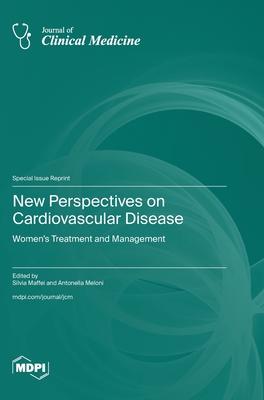Cardiovascular disease (CVD) remains a leading cause of morbidity and mortality in women, despite the overall reduction in age-adjusted CVD mortality within recent years. Aside from the traditional risk factors and predictors of increased CVD risks in both sexes, there are also RFs specific to women. These relate to their reproductive and gynecological history. Moreover, among women, there is a lack of knowledge and perception regarding CVD. When compared to men, women with CVD are typically underdiagnosed and undertreated. The problem is more significant among women due to the incorrect and ingrained belief that CVD is primarily, if not exclusively, a male disease. This misunderstanding originates from the perceived differences in the clinical presentation of CVD across the two sexes, as well as from the increased prevalence of advanced postmenopausal symptoms in women. The aim of this Special Issue was to gather new data concerning the peculiar features of CVD and risk factors in women, with the aim of reducing the underestimation of CVD risk. There is also great focus on strategies for prevention, management, and therapy, specifically pertaining to women’s needs.










